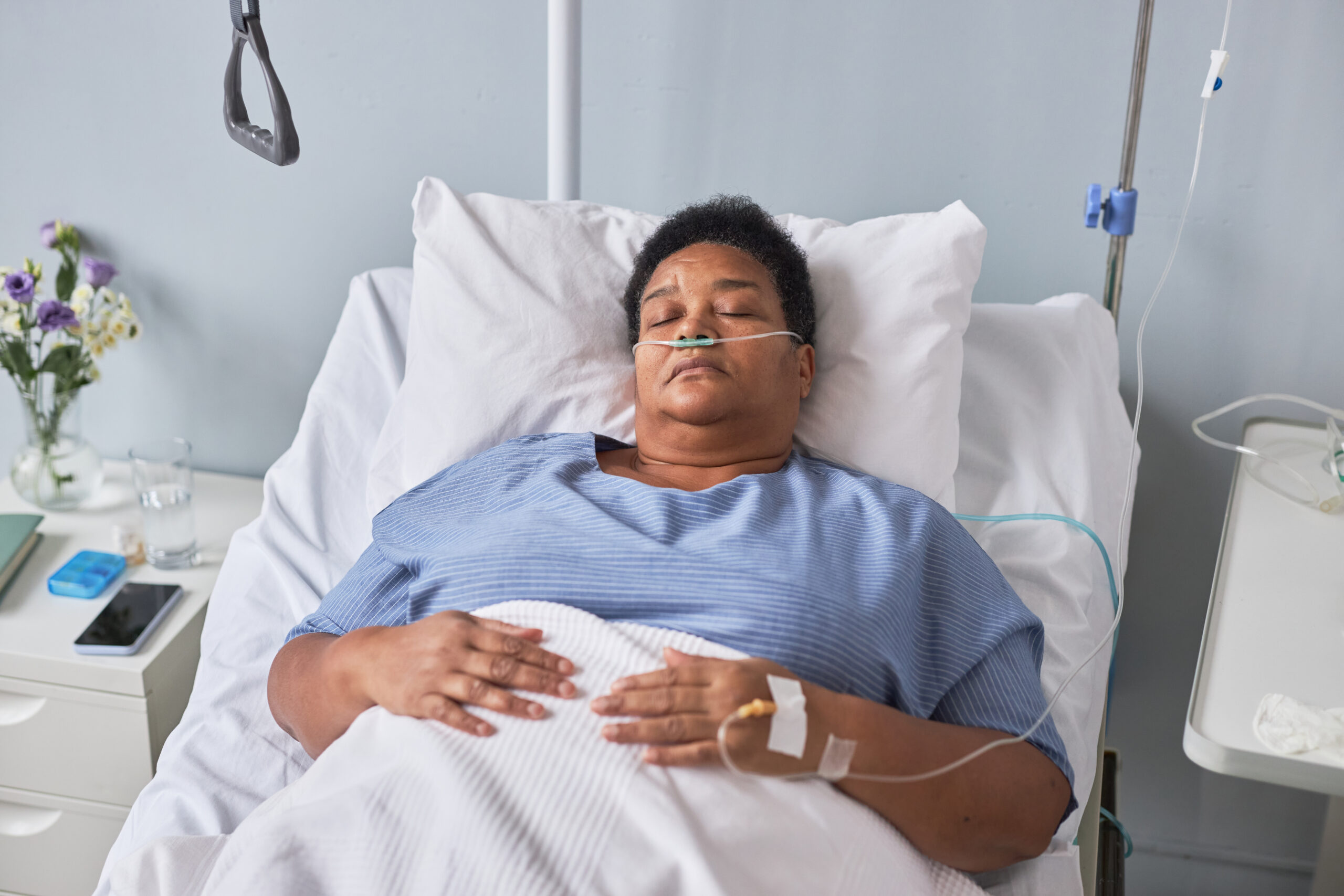latest
Family members of critically ill Covid patients more likely to experience depression
Separate European and US studies have found that relatives of people who have been very ill with Covid-19 are more likely to display symptoms of depression and anxiety
"Despite the fact that many patients who survived an ICU stay faced a number of physical and emotional challenges, families were able to adjust in part due to support from their community. In contrast, a patient death from Covid-19 seemed to bring out feelings of resentment among other family members, which made it more difficult to move forward.” Jared Greenberg, associate professor at Rush University Medical Center
Family members and close friends of critically ill Covid-19 patients are more likely to display symptoms of depression and anxiety, research has found.
The large-scale study looked at five prospective cohorts from four countries (Iceland, Norway, Sweden, and the UK) totalling more than more than 160,000 individuals, and examined the incidence of self-reported symptoms of depression and anxiety in the period March 202 to March 2022. The researchers found that those symptoms were more prevalent in people whose relatives or close friends had been very ill with Covid.
The study, published in the Lancet, included 162,237 individuals in its analysis of depression, and 168,783 in its analysis of anxiety. Of these, 24,718 and 27,003 people respectively reported that they had a close friend or relative with Covid-19.
Patients’ levels of depression or anxiety were assessed using the Patient Health Questionnaire (PHQ-9) for depressive symptoms and the 7-item General Anxiety Disorder (GAD-7) for anxiety symptoms in the last two weeks before responding to the surveys on whether they had a significant person with Covid-19.
In one of the five cohorts, researchers conducted 13 monthly data collections to assess the change in depressive and anxiety symptoms over time. In this particular cohort, the prevalence of severe depressive and anxiety symptoms was much higher among participants reporting a significant person diagnosed with Covid-19 before enrolment, compared to other participants.
Relatives suffer PTSD as well as depression and anxiety
The findings are reflected in two other studies published in the journal Annals of the American Thoracic Society.
In a longitudinal cohort study, researchers analysed 90 families of patients who had Covid-19 between September 2020 and April 2021 to determine the prevalence of anxiety, depression and stress while their relative was in the ICU compared with after their time in the ICU.
Researchers used the Hospital Anxiety and Depression Scale (HADS) and the Impact of Events Scale-Revised (IES-R), which family members completed no more than three times while their relative was in the ICU and once after discharge.
Forty-three families lost their relative, whereas 47 families had a relative who survived. While families of survivors displayed symptoms of depression and anxiety, families of patients who died had worse average HADS-anxiety HADS-depression scores than the families of survivors. They were also more likely to display symptoms of post-traumatic stress disorder (PTSD).
In a separate study, the researchers conducted individual interviews with families, and found that those who suffered a loss had more psychological symptoms than those who didn’t. While relatives of a Covid-19 survivor reported a positive outlook on the future, those who lost a relative due to Covid-19 could not seem to shake memories from the ICU, according to researchers.
Jared Greenberg, an associate professor at Rush University Medical Center and lead author on the study, told the publication Healio that the families differed in who they turned to for support: “It was surprising to find that the participants had different impressions as to whether their community helped or did not help them cope with stress depending on whether the patient survived or not. For instance, despite the fact that many patients who survived an ICU stay faced a number of physical and emotional challenges, families were able to adjust in part due to support from their community. In contrast, a patient death from Covid-19 seemed to bring out feelings of resentment among other family members, which made it more difficult to move forward.”
The study also found that only a quarter of those who had lost a relative to Covid-19 accessed mental health services. Greenberg said: “Families are often responsible for making life or death decisions for patients who are incapacitated in the ICU. Clinicians should understand how difficult it is to be a family member of an ICU patient to better support them through the process. The care we provide in the ICU can also prepare families for what life will be like after the ICU stay whether the patient survives or not.”
FCC Insight
The findings of these studies are not entirely surprising. When a patient is critically ill, then the stress on family members and friends is likely to lead to depression and anxiety. Similarly, we might also expect the effect to be greater in those whose family member has died. Nonetheless, there are important things to take away from these studies. One is that relatives of patients who have been in intensive care may also develop PTSD – the trauma of a close relative’s ICU stay is easily overlooked. Another is that the pandemic affected very large numbers of people, and so we should not underestimate the mental health impact on those whose relatives died or were critically ill with Covid. The effect of that can be seen in the sharp rise in people seeking help from mental health services in the UK.
